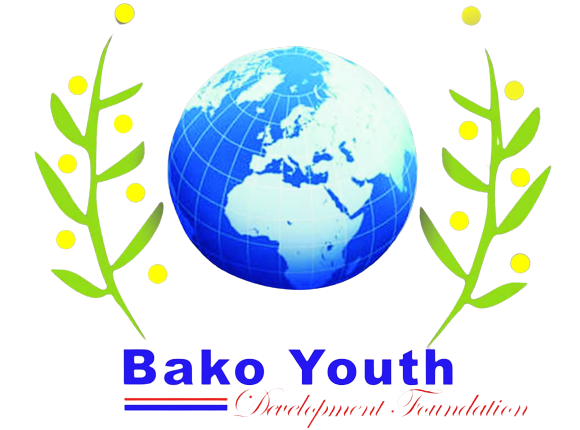Blog
Nourishing Motherhood: A Guide to Maternal Nutrition

Introduction:
Maternal nutrition is a cornerstone of prenatal care, playing a vital role in ensuring the health and well-being of both the expectant mother and her growing baby. During pregnancy, a woman’s nutritional needs undergo significant changes to support the development of the fetus and maintain her own health. In this guide, we’ll explore the importance of maternal nutrition, key nutrients needed during pregnancy, and practical tips for maintaining a balanced diet for expectant mothers.
The Importance of Maternal Nutrition:
Proper nutrition during pregnancy is essential for the optimal growth and development of the fetus. Nutrient-rich foods provide the building blocks for the baby’s organs, tissues, and overall health. Additionally, adequate nutrition supports the mother’s health, reducing the risk of complications such as preterm birth, low birth weight, and birth defects.
Key Nutrients for Expectant Mothers:
1. Folic Acid: Folic acid, or folate, is crucial for preventing neural tube defects in the developing fetus. Sources include leafy greens, fortified cereals, and legumes.
2. Iron: Iron is needed to support the increased production of red blood cells and prevent maternal anemia. Good sources of iron include lean meats, poultry, fish, beans, and fortified grains.
3. Calcium: Calcium is essential for bone development in both the mother and the baby. Dairy products, fortified plant-based milk, and leafy greens are excellent sources of calcium.
4. Omega-3 Fatty Acids: Omega-3 fatty acids, particularly DHA (docosahexaenoic acid), play a crucial role in the development of the baby’s brain and eyes. Fatty fish like salmon, walnuts, and flaxseeds are rich sources of omega-3s.
5. Protein: Protein is necessary for the growth and repair of tissues, including those of the developing baby. Lean meats, poultry, fish, eggs, dairy products, beans, and lentils are all good sources of protein.
Practical Tips for Maintaining a Balanced Diet:
1. Eat a variety of nutrient-rich foods: Aim to consume a diverse range of fruits, vegetables, whole grains, lean proteins, and healthy fats to ensure you’re getting all the essential nutrients.
2. Stay hydrated: Drink plenty of water throughout the day to support healthy blood flow, digestion, and overall hydration.
3. Take prenatal vitamins: Even with a healthy diet, it can be challenging to get all the necessary nutrients during pregnancy. Prenatal vitamins can help fill any gaps in your nutrition.
4. Practice food safety: Avoid raw or undercooked meats, unpasteurized dairy products, and certain types of fish high in mercury to reduce the risk of foodborne illnesses.
5. Listen to your body: Pay attention to hunger and fullness cues, and eat when you’re hungry. Aim for regular, balanced meals and snacks throughout the day to maintain steady energy levels.
Conclusion:
Maternal nutrition is a critical aspect of prenatal care, with far-reaching effects on both the mother and the developing baby. By prioritizing nutrient-rich foods, staying hydrated, and practicing good food safety habits, expectant mothers can support their own health and the healthy development of their babies. Consultation with a healthcare provider or a registered dietitian can provide personalized guidance on maternal nutrition throughout pregnancy. Remember, nourishing your body during this precious time sets the foundation for a healthy start to motherhood.
